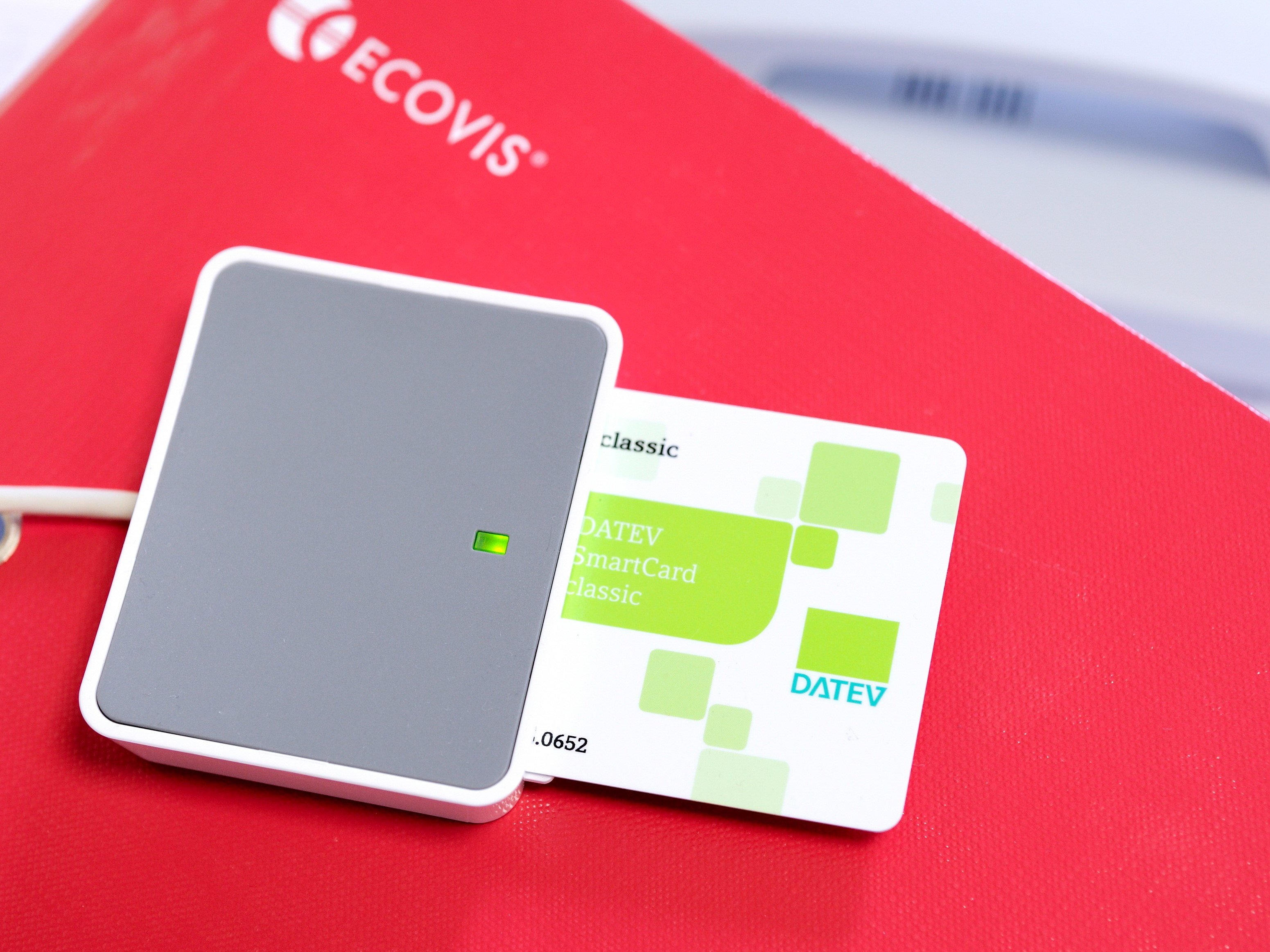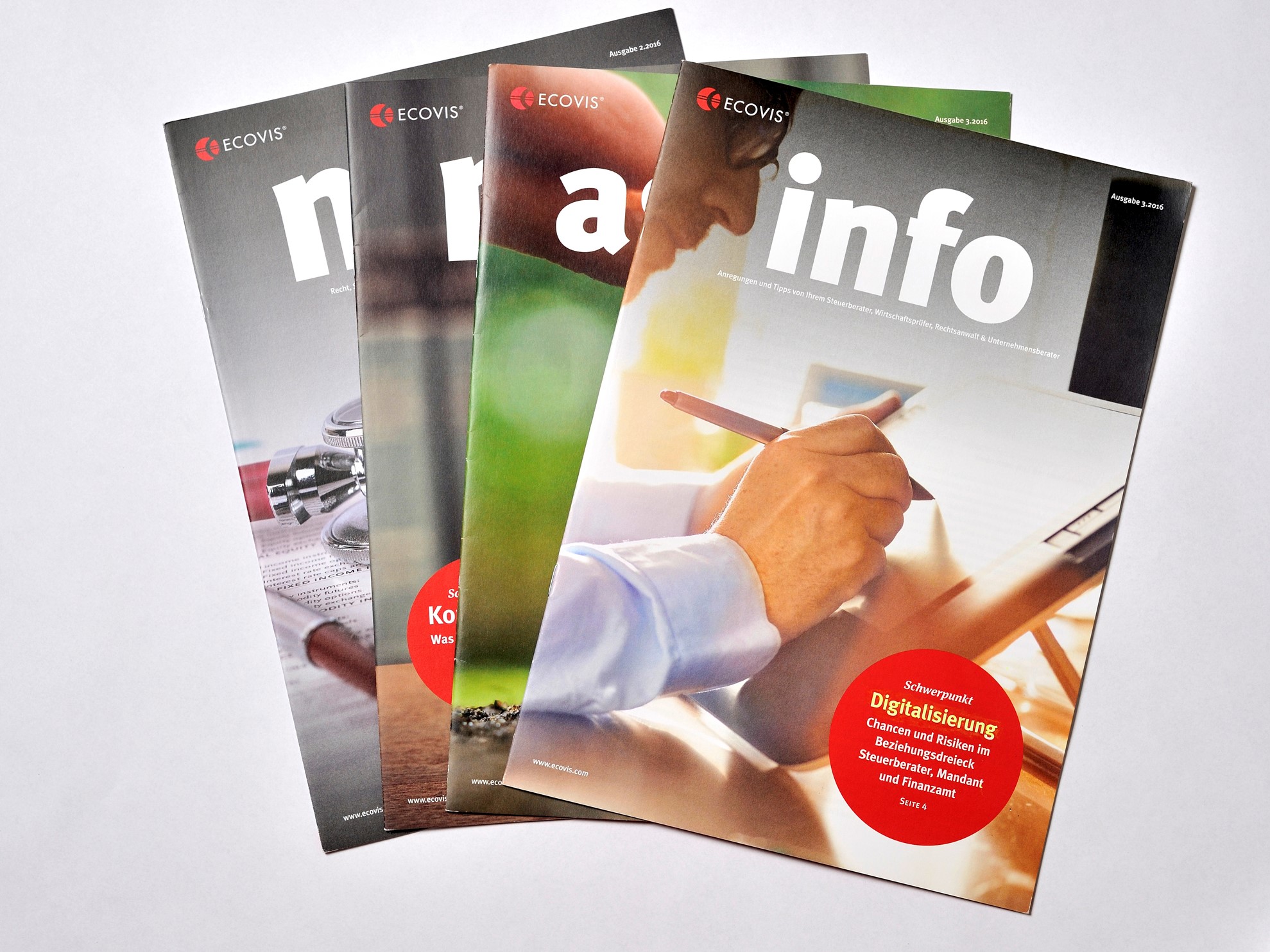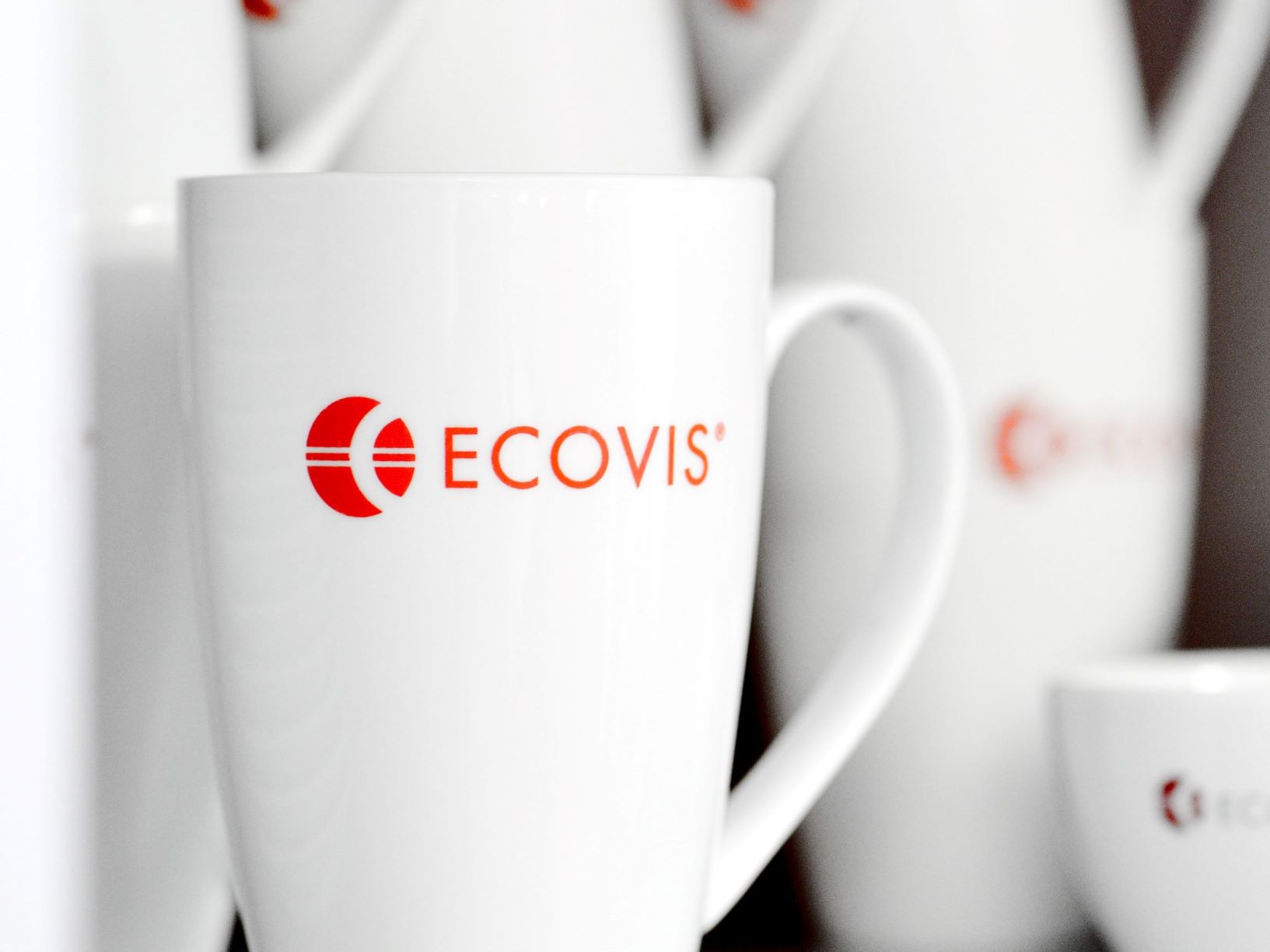Purchase of an apartment or business premises in the Czech Republic
Legal framework
What should be considered when buying an apartment or business premises in the Czech Republic?
1. PURCHASE OF APARTMENT OR BUSINESS PREMISES IN CZECH REPUBLIC
1.1. Acquisition of an apartment or business premises in the Czech Republic
Apartments or commercial premises in a building can be transferred in a similar way as the other properties if they are entered in the real estate cadastre. The residential property in connection with the co-ownership of the common parts of the house is transferred by entry in the Czech real estate cadastre. Czech dwellings or business premises can thus be acquired free by private individuals or companies. The acquisition of Czech real estate may take place directly or indirectly through a legal person domiciled in the Czech Republic whose shares are either wholly or partly owned by the actual purchaser (private person or company). The acquisition of a Czech "ready-made" company or the founding of a new Czech company generally costs between EUR 1,000 and EUR 1,500, including the associated legal advice.
The costs for the preparation of the purchase contract, fiduciary storage of the purchase price with a lawyer and a legal examination of the acquired apartment or commercial space are usually between EUR 1,000 to EUR 2,000, depending on the complexity of the acquisition of property.
1.2. Date of acquisition of the ownership of Czech apartments and commercial premises
The acquisition process takes place in Czech Republic in two acts. After the establishment of a purchase contract (title), ownership is constitutively transferred by registration in the relevant real estate cadastre (Modus). In immovable property, therefore, a transfer of ownership takes place when the new owner is entered in the Czech land register. An administrative fee of EUR 40 is payable to the land registry office per application.
In addition, a notarial signature certification is generally required so that the registration in the land register can be carried out without a proof of the identification of the signed persons in the context of the registration procedure.
1.3. Settlement of payment for the purchase price
The purchase price and the manner of its determination is an essential requirement of any purchase contract. The parties agree on the nature of the purchase price individually, often a lawyer, a bank or a notary is involved for the fiduciary storage of the purchase price until the date of registration of the new owner without any defects or ongoing procedures. This approach provides a necessary level of security for both the seller and the buyer.
1.4. Due diligence and liability insurance for the acquisition of an apartment or business premises in the Czech Republic
In addition to the examination of the legal owner of the apartment or business premises in the Czech Republic on the basis of the current land register extract is also important to consider the existence of any liens, charges in hand or other deficiencies regarding the object of purchase. The minimum requirement is the inclusion of a corresponding guarantee clause of the seller in the property purchase agreement. On the basis of this declaration, the seller is liable to the buyer for any legal defects of the sold apartment or business premises.
The excerpt can also be withdrawn via Internet (EUR 2 per page) and the basic information (identification of the owner, ongoing procedures, etc.) can even be downloaded for free on the Internet at Website of the Czech land registry office.
The new civil code has also strengthened the "good faith" in the acquisition of ownership of Czech real estate. The term "good faith" describes a situation in which, for example, the seller was not entitled to sell a thing, but the buyer knew nothing of the lack of authorization. In certain cases, despite the lack of power of disposal, the legal validity of a transaction may be presumed if the buyer could presume that the seller was authorized to dispose of it.
The new Czech Civil Code regulates the rebuttable presumption that the person registered in a public register may in principle also dispose of the matter in question. This rule is particularly important for the purchase of real estate, as it is usually checked before the acquisition, whether the seller and registered in the land register person are identical.
Foreign insurance companies also offer insurance of ownership of Czech real estate (Title Insurance). For higher-value or bank-financed transactions, title insurance is fairly common.
1.5. Different owner of buildings and the underlying land in the Czech Republic
The previous Czech property law assumed that a building and a property legally represent two separate items and thus can be purchased separately from each other.
Since 2014, the new Czech Civil Code has again introduced the principle of "superficies solo cedit" after about 64 years. This principle states that property that is inseparable from a land will legally become part of that land. It follows from this principle that buildings and other objects intrinsically linked to a land are no longer to be considered as self-contained property but are part of the property on which they are located. A separate transfer of ownership of a property or a building, without at the same time also acquire the ownership of a building or the property thereon, is therefore no longer possible. The ownership of these things can in principle only be acquired together. Structures that are not inseparable from the property are, however, considered by law to be so-called "temporary buildings".
Compared to the foreign legal area so far was a peculiarity of the Czech real estate law that the owners of buildings are in many cases different from the owners of the underlying plots. Therefore, it is very common in the Czech Republic for the moment that the landowner and the building owner are different. The new Czech Civil Code has therefore granted a right of first refusal to the buildings located on their land.
In the case of Czech apartments or commercial premises, it may therefore happen that the land below the house does not belong to the dwelling and in the future the dwelling owners would have to buy the corresponding part of the property or pay a rent to the owner of the property.
1.6. Co-ownership and the right of pre-emption in the Czech Republic
Under the new Civil Code, co-owners of a dwelling or commercial space enjoy reciprocal legal right of first refusal (with certain exceptions).
1.7. Condominium in the Czech Republic
The building owner is authorized by a statement to divide the building into apartments or commercial premises and enter them into the real estate cadastre. The essential requirements of this declaration are in particular the name of the building, the number of the home, including its name or description of where it is located in the building, the description of the units, their accessories, the floor space and the description of their equipment, the name the property which is the subject of the transfer of ownership, the rules for the contribution of the co-owners of the house for the expenses associated with the management, maintenance and repair of the common areas of the house, possibly the house as a whole, and the rules for the management of the common areas of the house or the house as a whole, including the name of the person responsible for the property management, the rights and obligations relating to the building, its common areas and the rights to the land, which pass from the building owner to the owners of the housing units. In addition, the building owner must declare, in a statement, the common premises of the building and determine the ownership interests of the apartment owners in the common areas of the building, whereby the law allows the owner to stipulate that some parts of the building are only jointly available to some apartment owners. Common areas of the building are those parts of the house that are reserved for communal use. The co-ownership shares are determined in relation to the floor area of the apartment unit to the floor area of all units in the entire house. The co-ownership of the property with respect to the property must correspond to the co-ownership of the common premises of the building.
1.8. Association of unit owners
The apartment owners form a so-called association of unit owners, which is a legal person, capable of exercising rights, and who is able to undertake all matters related to the management, operation and maintenance of the common areas of the house. The homeowner community is registered as a person in theCzech Register of Companies.
The association shall be formed in a house of at least 5 units, of which at least three are the property of three different owners, on the date of delivery of the instrument with the note of incorporation in the real estate cadastre or other instrument approved by the competent State body confirming the ownership of the unit by the last of these owners.
Membership in the community arises and expires at the same time as the transfer of the ownership of the unit. The co-owners of the unit are common members of the community. The Community must hold a meeting at least once a year.
1.9. Rights and obligations of unit owners in the Czech Republic
The unit owner participates in the management of the building to the extent that corresponds to his co-ownership in the common areas of the house, unless otherwise agreed by the unit owners. The costs for the maintenance of the building or the maintenance of the common areas shall be agreed upon by the unit owners proportionately in proportion to their co-ownership shares, unless otherwise stipulated. The unit owners are liable for the community in proportion to the size of the co-ownership shares in the common areas of the house.
The apartment can be rented freely and the association of unit owners can not restrict the disposal of the apartment or the commercial space.
2. CZECH CADASTRE OF REAL ESTATE
The Czech real estate cadastre is a public register in which everyone is granted access without proof of legal interest and excerpts from the cadastre are made on request.
Enrolled in Czech real estate cadastre are property rights, pledges, pre-emption rights and real charges. Rights that have arisen or expired by law, by decision of a public body, by solicitation of the publicity in a public auction, by incorporation, by extension and processing, shall be recorded by a memorandum on the basis of documents drawn up by the public authorities and other instruments which confirm or certify the legal relationships according to separate regulations.
The Czech land registry office executes the entry into the Czech cadastre at the latest on the working day following the delivery of the document on the basis of which the entry into the cadastre is carried out. The person assuming a registration in the real estate cadastre has a good faith that the status quoted in the cadastre is up-to-date, unless he should have known that the registration status in the cadastre did not reflect the fact.
After initiation of the proceedings before the Czech land registry office, any disposal of the real estate for 20 days is prohibited and impossible. The land registry office informs all parties involved (in particular the current owner of the property) about the initiation of the proceedings concerning the real estate in question. This blockage is intended to allow the owner to take appropriate legal action against any unauthorized possession of the property. At the same time, all persons have the possibility to order from the czech land registry office an e-mail notification about possible changes concerning Czech real estate for EUR 8 per year.
The land registry office examines the right of the owner to dispose of the object of the transaction with respect to the principle of protection of the public belief according to the information recorded in the real estate cadastre, also by checking the correctness of these previously performed entries according to the original document proving the acquisition title (eg purchase contract or donation contract).
If you need more information, please contact us at any time:
JUDr. Mojmír Ježek, Ph.D.
Managing Partner
ECOVIS ježek, advokátní kancelář s.r.o.
Czech legal office
t: +420 226 236 600
e: mojmir.jezek@ecovislegal.cz
e-mail: mojmir.jezek@ecovislegal.cz
www.ecovislegal.cz/de
About ECOVIS ježek, law firm s.r.o .:
Czech law firm ECOVIS ježek focuses mainly on company law, real estate law, dispute management, finance and banking law, and provides professional advice in all areas, making it an alternative for clients of international offices. The international dimension of the services provided is ensured through past experience and through cooperation with leading law firms in most European countries, in the United States and other jurisdictions within the ECOVIS network operating in 75 countries around the world. Members of ECOVIS ježek team have long-time experience from leading international lawyers and tax companies in providing legal advice to multinational corporations, large Czech companies, but also to medium-sized companies and individual clients. More information at www.ecovislegal.cz..
All information contained on this website is a kind of legal advertisement. Do not consider anything on this website as legal advice and nothing on this website constitutes an advocate-client relationship. Before acting on anything about what you read on this website, arrange a legal consultation with us. Former results are not a guarantee of future results, and former results do not indicate or predict future results. Each case is different and must be judged according to its own circumstances.














